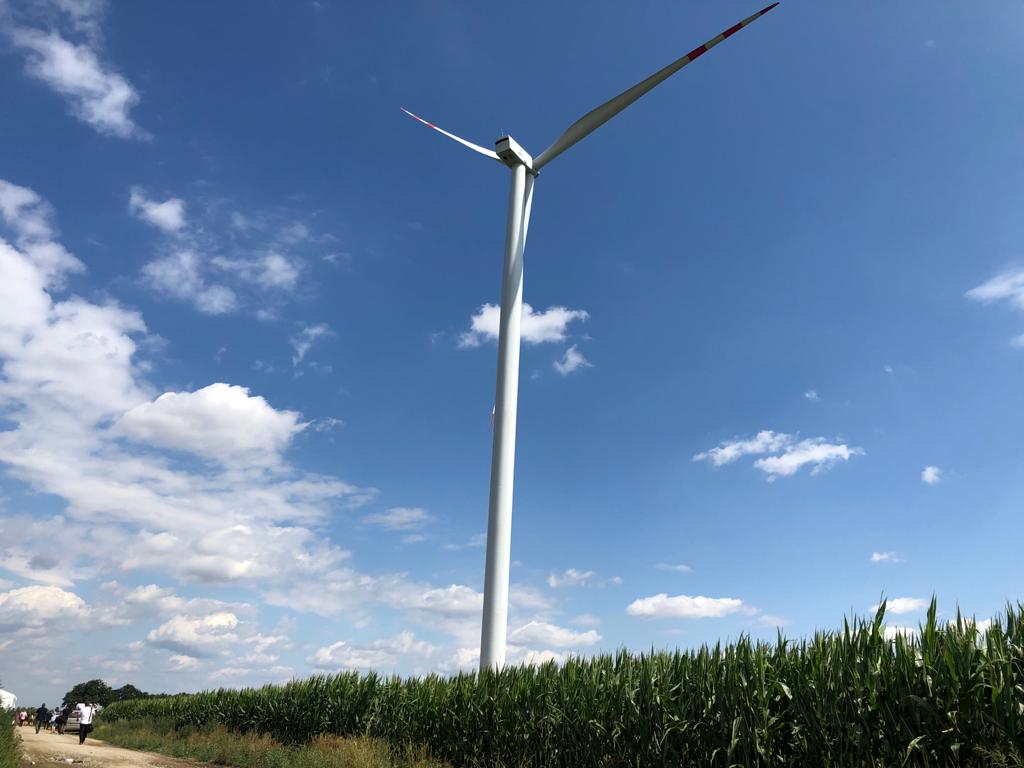Poland was able to reserve more than 7 GW of capacity obligations at the capacity market auction held on December 14, 2023. In exchange for support, the participants in the auction committed to providing such capacity, including 1 GW from abroad.
„PSE (Polish grid operator) conducted the auction on December 14, 2023 and ended up with the sixth round. A total of 159 capacity market contracts were concluded as a result of the auction, including 111 physical units in Poland, 48 in the Czech Republic, Slovakia and Sweden, according to the Energy Regulatory Office. For Polish physical units, the closing price of power obligations was PLN 244.9 / kW / year,” the Energy Regulatory Office (URE) said. The Office stated, however, that the closing price for foreign units located in the synchronous profile zone was PLN 207 per kW per year, and for units located in the transmission area of Sweden was PLN 244.9 per kW per year.
„More than 7 GW of power obligations will result from the December main auction in 2028, of which slightly more than 1 GW has been contracted with foreign entities. As a result of all auctions conducted so far for deliveries in 2028, 21.15 GW of power contracts have been concluded,” the Office summed up.
The capacity market co-finances the availability of power plants ready to meet this obligation on the basis of contracts concluded after auctions. This is a way to encourage the maintenance and construction of new generation capacities. „Introducing the capacity market has translated into a change in the architecture of the energy market from a single-commodity to a double – commodity market, where not only the electricity generated is subject to purchase and sale transactions, but also net disposable power, that is, the readiness to supply energy to the grid,” the Office explained. „Selecting capacity market units that offer a new service for an appropriate remuneration is carried out during Dutch-type auctions, that is, consisting of many rounds with a decreasing price. The capacity market units that are admitted to the auction after the certification process has been positively completed leave the auction when the price in the next round no longer offers them the expected pay for the capacity. As a result the cheapest bids win the auctions while maintaining technological neutrality,” the Office explained.
Energy Regulatory Office / Wojciech Jakóbik









